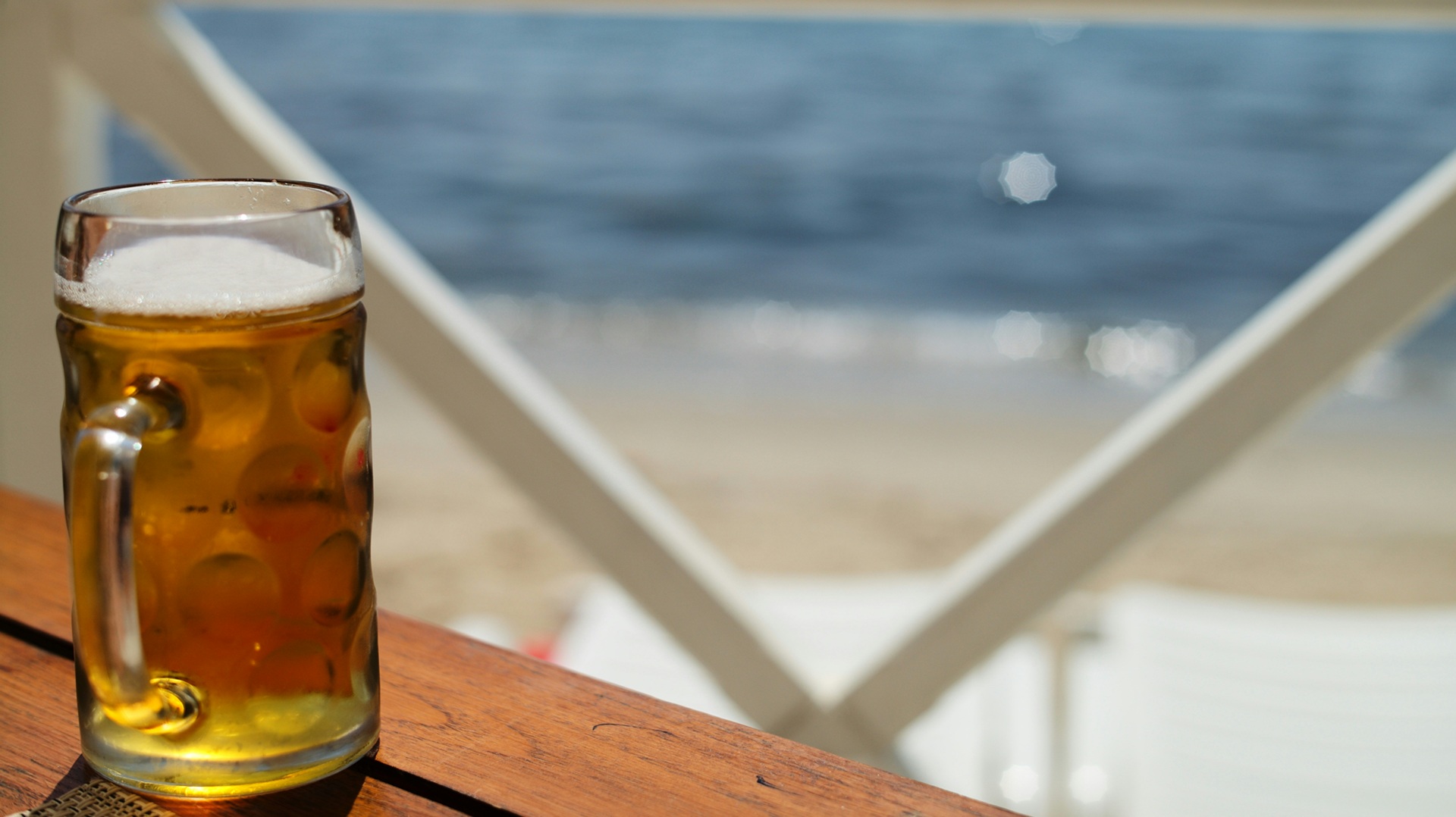With the sun set to be shining this weekend, the odds are that many of us will be flocking to beer gardens or our nearest supermarkets for supplies. That is if we’ve not already made it out the door to claim our favourite table or stocked up our fridge in readiness.
If you already have an alcoholic beverage in hand, will shortly be a few drinks deep or are even suffering the aftereffects of a heavy Friday night, it’s not surprising and you’re likely not the only one. It’s hard to escape the slick advertising from alcohol companies pushing the idea that long weekends, BBQs and fun in the sun all need an alcoholic drink, or the multi-buy discounts and ‘get bank holiday ready’ displays in shops. These moments remind us that many parts of our cultures still treat alcohol as essential, rather than optional, especially when the sun makes an appearance.
What all these things do, however, is make it harder for us to decide if, when and how much alcohol we drink, while making it all too easy to end up drinking more than we plan to or want to. They create an environment in which not drinking, or drinking less alcohol, is viewed as a radical act. People who share their experiences with us at Alcohol Change UK of attempting to cut back or stop drinking often report how their efforts are made harder by the constant bombardment of alcohol everywhere they go and that societal pressure to drink and a need to justify or defend their choices make it, quite frankly, more of a slog than it needs to be.
That’s why, despite the NHS urging us all to be mindful of how much alcohol we’re drinking this weekend – to protect our health in the hot weather and prevent typically high demand on key services – history tells us that bank holidays often come hand-in-hand with booming alcohol sales and consumption, not least many a sore head, empty wallet and regretful, anxiety-filled week after. Where we drink has also evolved, with more alcohol now consumed at home vs in venues like pubs and restaurants. Not only does this create more harm, through less controlled measures and being able to purchase large quantities of readily available, cheap alcohol in shops almost 24/7, but has a knock-on impact on our pubs and venues.
- Brits pay way more for housing, transport and alcohol than our European neighbours – here’s why
- ‘Alcohol felt like home to us’: A mother and daughter’s story of alcoholism – and how they overcame it
- ‘Gen Z are turning to culture instead of alcohol’: Is the party holiday officially over?
As a charity, Alcohol Change UK is not anti-alcohol, but anti-alcohol harm. Of course, millions of us will get so much out of a sunny afternoon surrounded by friends and family, maybe in a pub, restaurant or back garden this weekend. But does it really matter what’s in our glass? Is it not possible to do all these things and get just as much, if not more, enjoyment sans-booze or with less booze, with less of the negative effects?
You might ask why this is important. The simple answer is that the whole range of harms linked to alcohol are sadly becoming more common. From headaches, sleepless nights and hangovers to issues at work or in our relationships, and health conditions directly or indirectly caused by our drinking habits, alcohol is taking a toll on so many of our lives and in so many ways.
In fact, this weekend comes hot on the heels of a major consultation launched by the Department for Health and Social Care (DHSC) for England’s first-ever men’s health strategy. Part of the government’s 10-Year health plan to fix the NHS, the input received from the public and organisations over the coming months will help to shape plans to tackle the biggest issues facing men’s health in this country – including the impact of alcohol that disproportionately affects men and their quality of life. It’s positive to see the government through the consultation attempting to face up to hard truths and the challenges we face.





